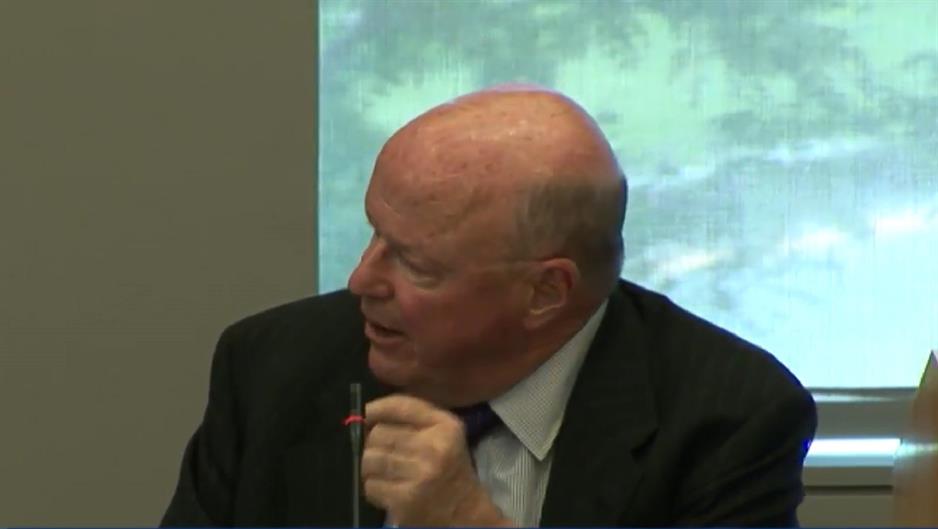Frank Wisner: Bosnia is a mess

The US Institute for Peace, the EastWest Institute and the American Foreign Policy Committee, presented the long-awaited Plan for the Western Balkans. Bosnia and Herzegovina was given a special place in it because the report states the EU and NATO integration have come to a standstill.
Oglas
The message from the presentation in Washington was that the US administration should focus on Bosnia once again.
"Bosnia is a mess. But is that a mess which the US Administration can solve directly? What are the elements which we can resolve in order to make a difference? I think we've come to a conclusion that if we create a stable framework before there is a realistic economy in the country, then Bosnia will have to fulfil its obligations in the field of economy and conduct other complex political reforms," said Frank G. Wisner, the former Special Envoy for Kosovo. Wisner added that the situation in Bosnia had gradually worsened.
The former Adviser to Richard Holbrooke, a former Balkans Envoy, Jonathan E. Levitsky warns that apparent stability does not mean an improvement of the situation.
Oglas
"There is a tendency to create a status of stability. When it comes to Bosnia, the situation in the country is static. The fact that the situation has been static for all these years, doesn't mean that the situation is stable. In reality, the situation is becoming less stable," said Levitsky.
The foreign factors, as well as the continuing problems in the country, represent a significant challenge, especially when it comes to the internal problems, Tom Graham, the former Adviser to the former US President George W. Bush said.
"When we're not present there, the vacuum is filled by other powers and what we've seen in the past decade is that other actors are showing up. I primarily think of Russia and China, but also of some of our allies like Turkey. We also have a problem with violent extremism that is showing up in the region," Graham adds.
The Western-Balkans Plan will also be presented in the countries of the region and the European capitals in order to focus the attention to important regional issues.
Oglas
Kakvo je tvoje mišljenje o ovome?
Učestvuj u diskusiji ili pročitaj komentare
Oglas
Kakvo je tvoje mišljenje o ovome?
Učestvuj u diskusiji ili pročitaj komentare
Oglas





 Srbija
Srbija
 Hrvatska
Hrvatska
 Slovenija
Slovenija



























































